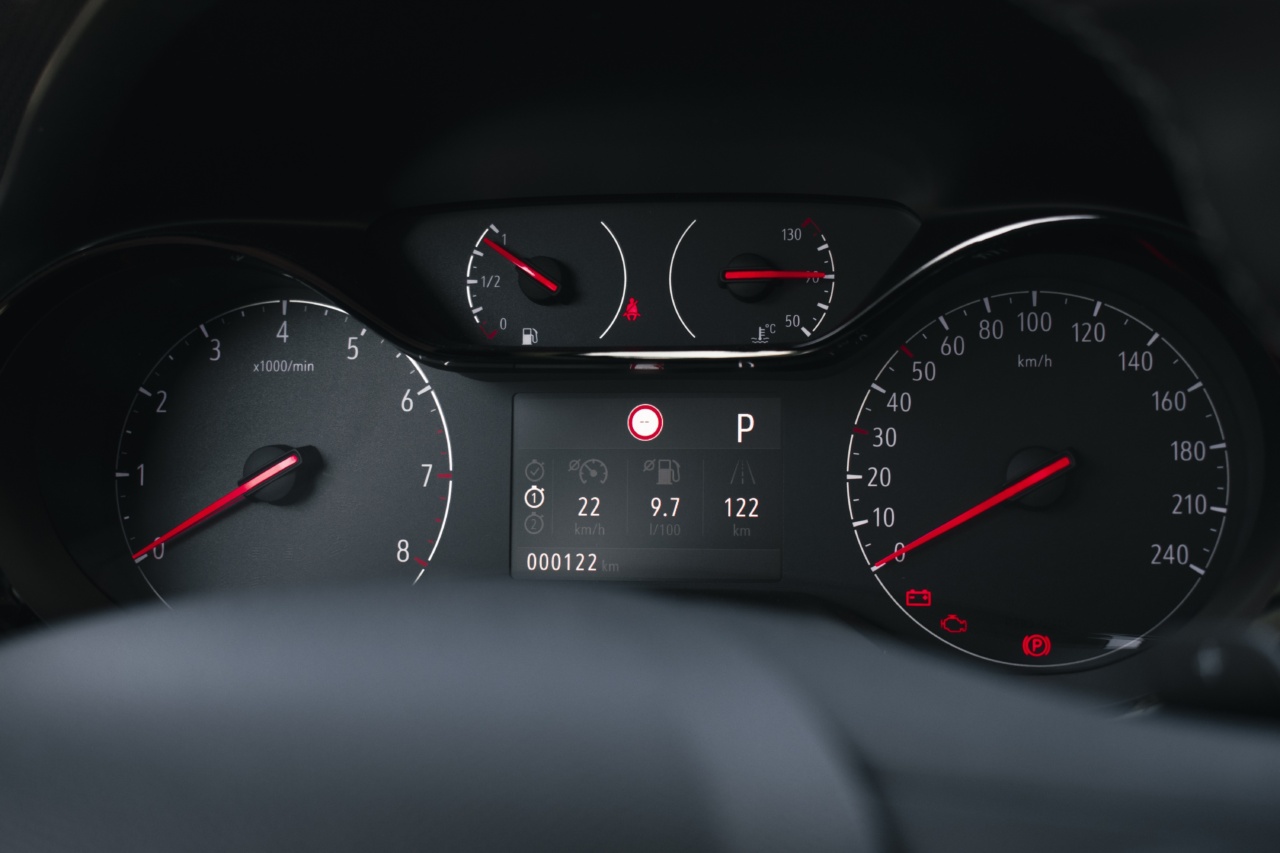Kidneys are two bean-shaped organs located at the back of the abdomen that play a vital role in filtering waste products and excess fluids from the blood.
Kidneys also regulate important bodily functions such as blood pressure, red blood cell production, and bone health. However, kidneys are susceptible to various diseases and conditions that can lead to kidney damage and failure if left untreated. Here are thirty indicators that something is amiss with your kidneys:.
1. Changes in Urine Color
One of the earliest signs of kidney disease is a change in urine color. Healthy urine is pale yellow in color. However, if you notice that your urine is dark brown, red, or orange, this could be a sign of kidney damage or disease.
2. Painful Urination
If you experience pain, burning sensation, or difficulty urinating, this could indicate a urinary tract infection (UTI) or kidney stones. UTIs and kidney stones are common causes of kidney damage if left untreated.
3. Frequency of Urination
If you have to urinate more frequently than usual, this could indicate an underlying kidney problem, especially if accompanied by other symptoms such as thirst or fatigue.
4. Foam or Bubbles in Urine
If you notice foam or bubbles in your urine, this could be a sign of proteinuria, a condition in which the kidneys leak protein into the urine.
5. Swelling in Legs, Ankles, or Feet
Swelling in the legs, ankles, or feet, also known as edema, can often be a sign of kidney damage, particularly if it occurs on both sides of the body.
6. Fatigue and Weakness
Kidney damage can cause a buildup of waste products and toxins in the blood, leading to fatigue and weakness even after getting enough rest.
7. Shortness of Breath
Shortness of breath, particularly during exercise or physical activity, can be a sign of anemia or fluid buildup in the lungs, both of which can be caused by kidney damage or kidney disease.
8. High Blood Pressure
Kidneys are responsible for regulating blood pressure, so if your blood pressure is consistently high, this could be a sign of kidney damage or disease.
9. Irregular Heartbeat
Kidney disease can cause electrolyte imbalances that can lead to an irregular heartbeat or arrhythmia.
10. Nausea and Vomiting
Nausea and vomiting can be caused by kidney damage, particularly if accompanied by other symptoms such as decreased appetite or weight loss.
11. Metallic Taste in Mouth
If you have a persistent metallic taste in your mouth, this could be a sign of uremia, a condition caused by the buildup of waste products and toxins in the blood due to kidney damage.
12. Dry and Itchy Skin
Kidney damage can lead to a buildup of toxins and waste products in the blood, causing dry and itchy skin.
13. Cramps and Muscle Twitching
If you experience cramps or muscle twitching, particularly in the legs, this could be a sign of electrolyte imbalances caused by kidney disease.
14. Back Pain
Kidney pain is usually felt in the back, just below the ribcage. If you experience persistent back pain, this could be a sign of kidney damage or disease.
15. Increased Thirst
If you feel thirsty all the time, this could be a sign of kidney damage or disease as the kidneys play a role in regulating fluid balance in the body.
16. Decreased Urine Output
If you notice a significant decrease in urine output, this could be a sign of kidney damage or disease as the kidneys are responsible for filtering waste products and excess fluids from the blood.
17. Trouble Sleeping
Kidney damage can cause sleep disturbances, particularly in the form of insomnia, restless leg syndrome, or sleep apnea.
18. Poor Appetite
If you experience a decreased appetite, and have lost significant weight without trying, this could be a sign of kidney disease.
19. Swollen Face
If you notice swelling in the face or around the eyes, this could be a sign of kidney damage or disease.
20. High Blood Sugar
Kidney disease can lead to insulin resistance and high blood sugar levels, particularly in people with diabetes.
21. Weak Bones
Kidneys play a role in regulating bone health, so if you experience frequent fractures or bone pain, this could be a sign of kidney damage or disease.
22. Increased Risk of Infections
Kidney damage can weaken the immune system, leading to an increased risk of infections, particularly in the urinary tract.
23. Difficulty Concentrating
Kidney damage can cause cognitive impairment, particularly in the form of difficulty concentrating, memory loss, or confusion.
24. Increased Bruising
Kidney damage can lead to blood clotting problems, causing increased bruising or bleeding.
25. Sexual Dysfunction
Kidney disease can lead to sexual dysfunction in both men and women, particularly in the form of decreased libido, erectile dysfunction, or infertility.
26. Chest Pain
Kidney disease can cause chest pain or discomfort, particularly in the form of pericarditis, an inflammation of the lining of the heart.
27. Increased Urination at Night
Increased urination at night, also known as nocturia, can be a sign of kidney damage or disease as the kidneys are responsible for regulating fluid balance in the body.
28. Swelling in Hands or Face
Swelling in the hands or face, particularly in the morning, can be a sign of kidney damage or disease.
29. Numbness and Tingling in Extremities
Kidney disease can cause nerve damage, leading to numbness and tingling in the hands and feet or peripheral neuropathy.
30. Vision Problems
Kidney disease can cause vision problems, particularly in the form of blurred vision or vision loss due to damage to the retina or optic nerve.































